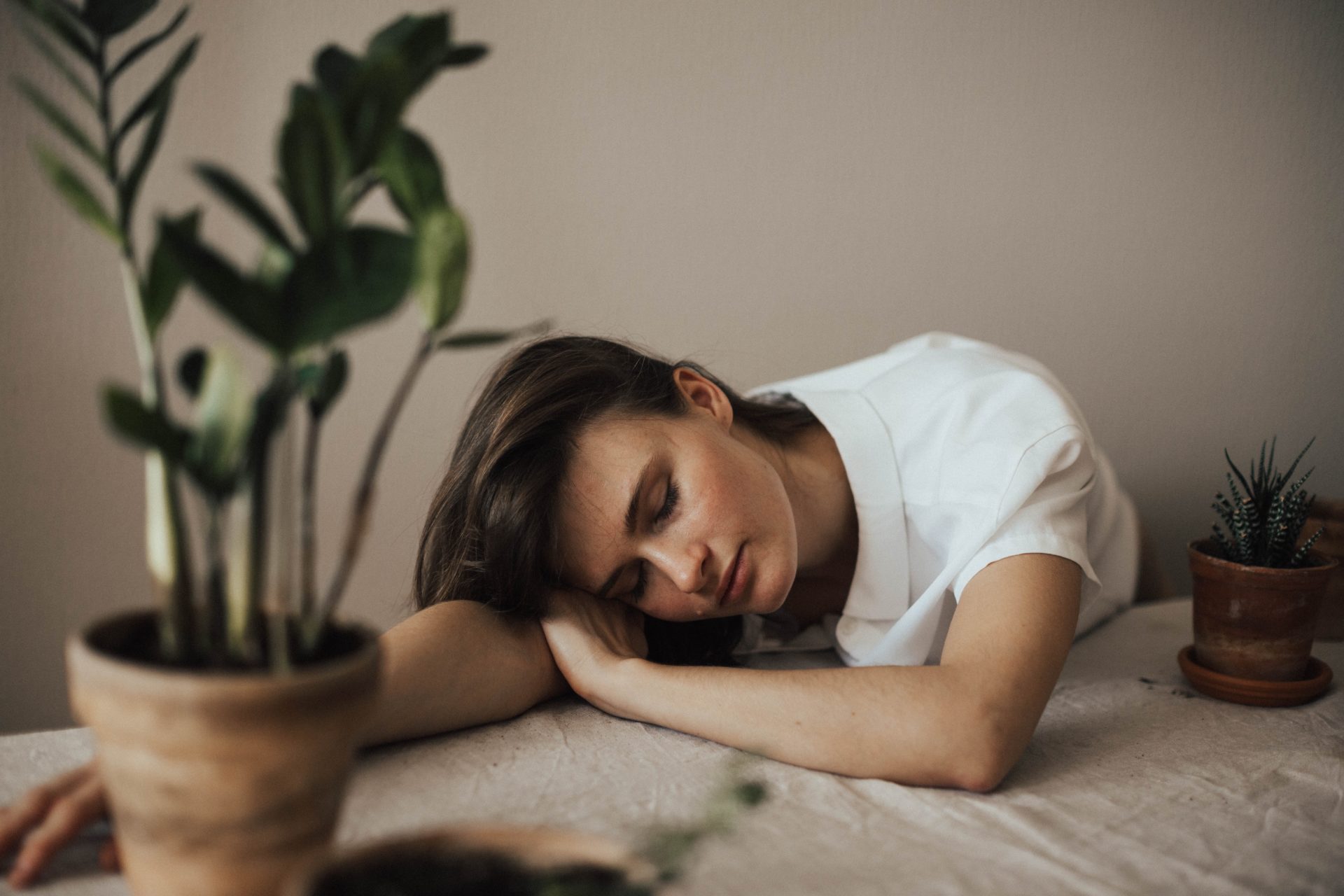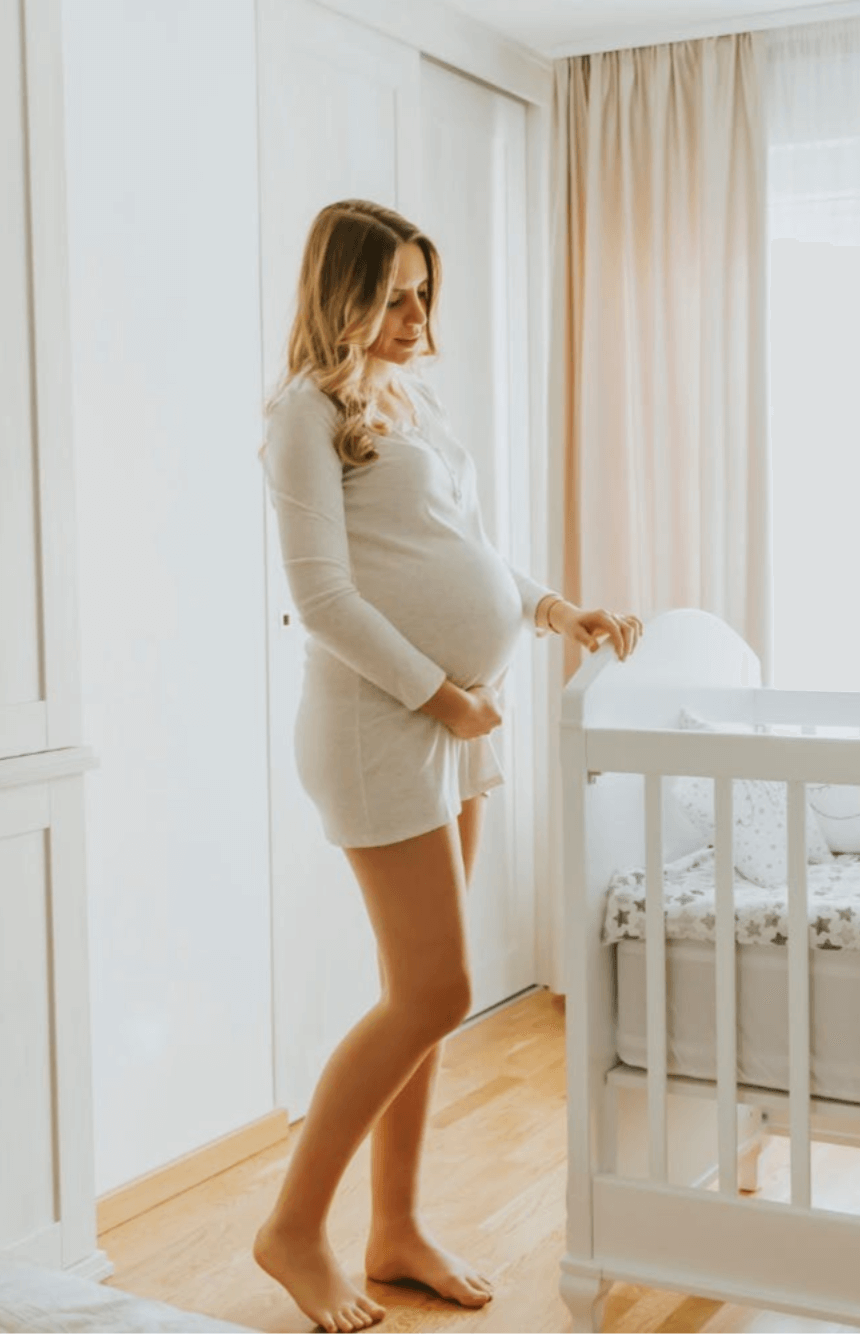
It’s Okay, It’s Just The Pandemic – My Anemia Journey
When the COVID-19 pandemic truly presented itself in the United States during March of 2020, I thought I was invincible to it. Meaning that I didn’t think it would change my daily lifestyle, except having a longer Spring Break that would be done indoors. However, it was then that I started losing myself through small series of events (with none of them, thankfully, being the Covid-19 virus).
My first decline in my health began a week after I moved out from my family home. The move was a long time in the making as a 20-something-year old female attending graduate school in NYC. Commuting to graduate school, my part-time job, teaching fellowship and a plethora of other tasks that the workaholic in me needed to feel complete meant I needed a new home that was closer to my school so I can live out my autonomous life. Judging by this sentence alone, I should have figured stress was the first reason why I lost all my energy when Covid-19 hit.
I moved into my new apartment right before the massive NYC shutdown. All of my activities remained the same, but drastic shifted to its online version, which in the beginning of this pandemic still had a lot of moving parts. It was then that I noticed I no longer had energy to fulfill all the tasks I was doing before, even though I had more time to do them since I no longer had to travel everywhere. And yet, the only tasks I could do was wake up, take a shower, then lie back down. Maybe to eat if there was food near me (my diet did not change; however I did start to eat less of the diet that I did have). But for the rest of the day, I would lie in bed – not even sleeping – and wait for my energy to come back. By the time I had some energy, it was already nighttime, and I was finally tired enough to sleep. Friends and family reached out, but I did not have the brain power to communicate with them. All the energy I did have was to be used to move from the shower back to my bed and nibble on some food. So how did moving to a new space and having my time being less spent lead me to having zero energy? Something was not adding up.
Once my school semester finished, I got in touch with a licensed psychologist. They told me all the symptoms – lethargy, academia stress, zero socialization, and moving out – pointed to Severe Depression and anxiety. It made sense. So they gave me a time-table sheet so I can outline my day and see where my hours went. Most of it was to rumination – I pondered on not having enough energy to finish my tasks on time, let alone ahead of time. I tried to exercise, hoping that would be a holistic alternative to boosting my energy levels. It sort of worked, but I gave myself so many reasons not to work out (I can’t handle the workouts without feeling like I’m breathing underwater; I can’t go outside; I can’t jump because I don’t want to disturb the people in the apartment below me; I want a little more energy so I can work out more). Slowly, I was able to go outside to get some sunlight since sunlight is amazing for ones physical and mental health. I went on small trips to the grocery store that was a block away from me. But I was out of breath. These trips that I was able to handle perfectly before the lockdown were now the most grueling task for a seemingly healthy person like myself to undertake. I had to take multiple breaks just to bring home one bag of grocery. Once I got to my apartment, I collapsed – breathing heavily as if I ran two marathons. “It’s because you’re wearing a mask now,” was the argument I heard. Perhaps that could account for the shortness of breath I had when I was grocery shopping, but it did not account for that same shortness of breath I felt when I tried to do physical exercise in my apartment without a mask. There must be more to this, I thought. But depression appeared to be the only answer anyone could think of.
For months, I continued to go through my new life, thinking that this is what being emotionally and physically burnt out looks like. I tried to convince myself that the accomplished multi-tasker women that I was, was gone. I should be okay with accomplishing one or two tasks a day. It’s the pandemic; I don’t have to have it all together anymore. I didn’t like that answer, but it was the only thing that made living with severe depression and anxiety tolerable.
A few months later, I went to my internal medicine doctor for my annual physical. The good news was that I am completely healthy, but my iron count was slightly low – which could be because I was menstruating at the time of the check-up. “Most women have a low iron count when they’re on their period,” the doctor explained to me. I causally mentioned this to one of the practitioners at Naturna, who informed me that low iron levels during menstruation are not normally noted – that there’s probably more than what the doctor was noticing. So I arranged to have another lab testing done when I was not on my period. Sure enough, the results came back that I still had low iron levels. In fact, the range iron saturation level for someone of my height, weight, and gender is supposed to be between 14-50%. I was somehow surviving with 3% iron saturation.
I was diagnosed with anemia (an iron deficient condition with low energy being the major symptom as well as shortness of breath, lightheadedness, and poor appetite) and immediately took liquid iron – 1tsp a day. I noticed a major change on Day 2 of taking my iron supplement. I was me again. I was going outside (with a mask on of course) and running errands. I not only got up to shower, but I cooked my own breakfast, did laundry, did work, and had time to chat with family – all in one day. It was as if my true self was in hibernation mode for over 7 months. My therapist even noticed a huge change within my emotional state – I was happier. I was finally getting back to the activities that I loved. Although the therapy sessions were helping with my anxiety and mental actions, it was the iron supplement that gave me back my physical action to do something.
I don’t rely heavily on my iron supplement as it only gives me more of a boot to start my day. What continued my progress to having energy again was eating foods that contained iron. I added cooked spinach to my repertoire of grilled cheese and pasta. Broccoli, poultry, leafy greens were all added to my weekly meal plan. I made sure to also eat a lot of foods that contain Vitamin C. This is because Vitamin C is necessary for iron absorption. In other words, I can eat all the iron-inclusive foods that I want but if my body doesn’t take it in via Vitamin C, then it’s all for not.
If my personal experience with anemia can offer you any guidance, it’s this: your mind and body have to work together. In my case, I looked desperately at my mental state to help unlock my physical state. Yet it was finding out that my physical state was biologically trapped which, when given the key to unlock it, also freed my mental state. It was hard for me to take control of my life because of my anemia but getting second opinions and seeking treatment options can help return that ownership. Although I have a long way to go to get my iron levels back to its normal range, I have become more proactive in changing my lifestyle and diet so I can continue to live the life I love.


